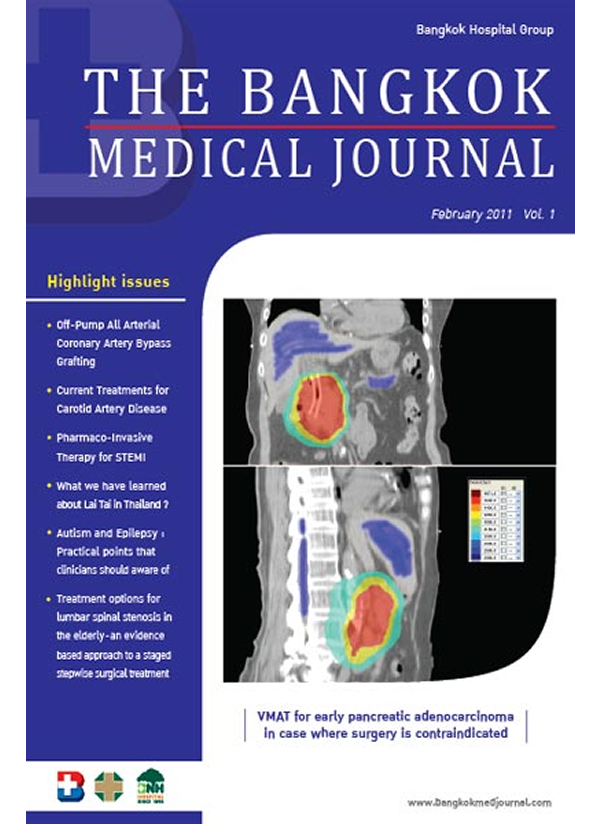KRAS Mutation Testing in Advanced Colorectal Cancers
Main Article Content
Abstract
KRAS is an oncogene located on the short arm of chromosome 12 (12p12.1). The gene is a member of the Ras family of small guanine nucleotide–binding proteins, first identified as a cellular homolog of a transforming gene in the Kirsten rat sarcoma virus.1 Activating mutations in KRAS have been noted in a variety of human cancers, including carcinomas of the pancreas, lung (non-small cell lung cancer), and colorectum (Table 1). KRAS mutations are frequently found in exon 1 (codons 12 and 13) and exon 2 (codon 61).2 Mutations in KRAS codons 12 and 13 have been associated with lack of response to EGFR-targeted therapies in patients with colorectal cancer (CRC)(Table 2).
Article Details

This work is licensed under a Creative Commons Attribution-NonCommercial-NoDerivatives 4.0 International License.
This is an open access article distributed under the terms of the Creative Commons Attribution Licence, which permits unrestricted use, distribution, and reproduction in any medium, provided the original work is properly cited.
References
2. Whitehall V, et al. A Multicenter blinded study to evalu- ate KRAS mutation testing methodologies in the clinical setting. J Mol Diagn 2009;11:543-552
3. Lièvre A, et al. KRAS mutations as an independent prognostic factor in patients with advanced colorectal cancer treated with cetuximab. J Clin Oncol 2008;26: 374-379
4. Amado RG. Wild-type KRAS is required for panitumu- mab efficacy in patients with metastatic colorectal cancer. J Clin Oncol 2008;26:1626-1634
5. Allegra CJ, et al. American Society of Clinical Oncology provisional clinical opinion: testing for KRAS gene mutations in patients with metastatic colorectal carci- noma to predict response to anti-epidermal growth factor receptor monoclonal antibody therapy. J Clin Oncol 2009;27:2091-2096
6. Monzon FA, et al. The role of KRAS mutation testing in the management of patients with metastatic colorectal cancer. Arch Pathol Lab Med 2009;133:1600-1606


